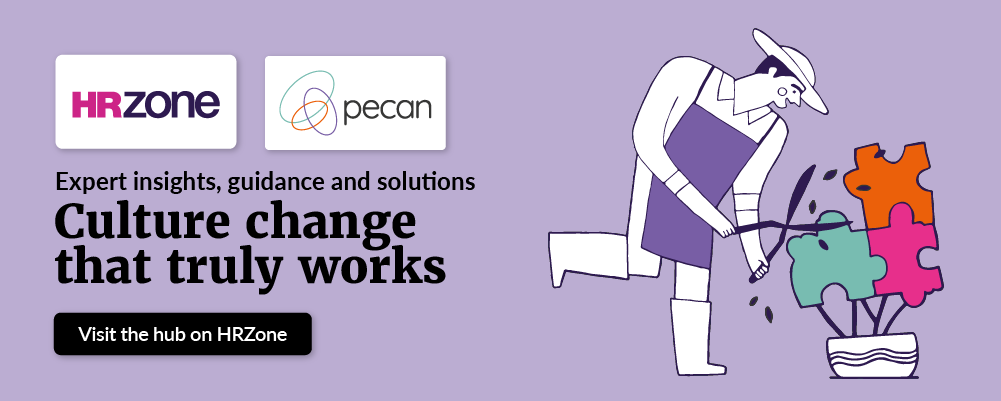Menopause Awareness Month is celebrated every October, with World Menopause Day observed on 18th October. It’s an important event organised by the International Menopause Society to raise awareness and educate people about menopause. And its efforts appear to be working, with Labour’s Menopause Action Plan now underway in the UK.
Awareness days can be a really effective way of educating society about the very real challenges experienced by employees with protected characteristics. And the list of challenges is long:
- Unconscious biases
- Stereotyping
- Microaggressions
- Lack of awareness and understanding
- Insufficient policies and practices
- Lack of diversity in leadership teams
All of the above can contribute to poor decision-making and behaviours that at best get in the way of good collaboration and performance, and at worst cause harm and trauma.
Ticking boxes can backfire
However, taking a tick-box approach to celebrating awareness days can backfire. With over 240 in the Diversity and Inclusion Calendar, organising events can consume limited DEI resources and, sadly, perpetuate cynicism about leaders’ commitment to inclusion if people’s day-to-day experiences are not improving.
It is also important to recognise that beyond protected characteristics, any employee may be feeling misunderstood, excluded, undervalued or vulnerable and need additional support to bring their best performance to the team. This includes the CEO!
And we must never assume what support is needed for an individual. When the first of my friends turned 50 she was mortified to be immediately invited to her workplace’s menopause group. Though the organisation’s intentions were entirely positive, she didn’t want to be treated differently, she just wanted to be able to share her experience and needs discreetly, as and when they arose.
So let’s not use Menopause Awareness Month as a tick-box strategy, but a reminder of how we can support individuals as part of the everyday culture.
The more trust in our relationships, the safer and more open people will be, every day of the year.
Ten tips to help create an inclusive workplace culture, any day of the week
Culture changes through relationships and relationships change through the quality of conversations that happen day-to-day. Here are ten ways to build an inclusive culture without relying on the busy awareness day calendar.
- Get to know people: What’s important to them beyond their work-life?
- Use 121s: Find out what someone needs to perform at their best – this can change as their circumstances change
- Ask for feedback: What are you (or others) doing that’s helping or hindering someone’s performance?
- Be honest: Don’t pretend to understand someone’s lived experience, if you’re not sure be curious
- Check your assumptions: Often people’s challenges and experiences are not what we think they are
- Show you value them: Talk together about the individual’s strengths and explore how they can be used more for the benefit of the team
- Ask the question: If someone’s performance has dipped (or if their behaviour has changed), ask them discreetly ‘How are you? How are you really?’. Some people find it hard to process and communicate their feelings ‘on the spot’, so give people an opportunity to talk with you at a later date
- Change the environment: Go for a walking coffee or talk on the phone instead of a video call
- Create safe spaces: For people experiencing similar challenges to share their stories
- Educate yourself: There are plentiful resources (and awareness days!) to learn
Underpinning all of this is trust. The more trust in our relationships, the safer and more open people will be, every day of the year.
Listen to our podcast interview with Marleen Reininger and Lily Mears from Microsoft (Season 2, Episode 2) about changing expectations at work and how to create an inclusive culture in a multi-generational workplace.
Find out more about how Pecan helps organisations create Diverse and Inclusive Cultures







